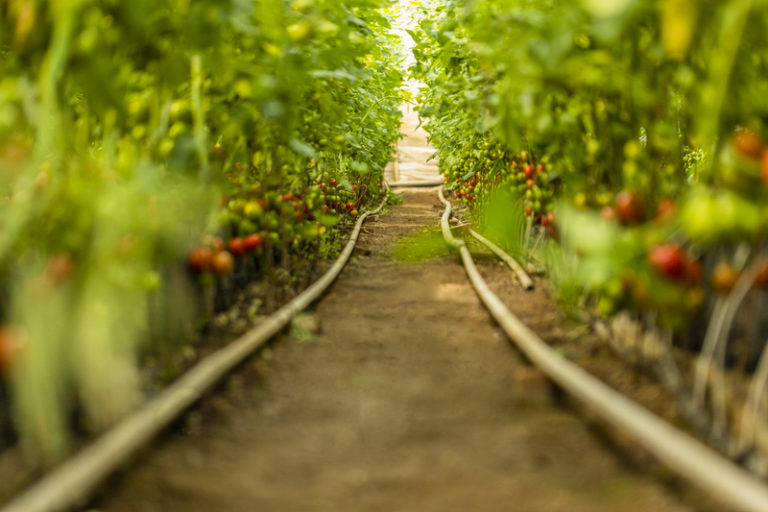Beetle Farming: An Emerging Industry with Huge Potential for Food Security and Economic Development
Beetle farming, also known as “insect farming,” is the practice of raising beetles for various purposes. It has gained popularity in recent years due to its potential as a sustainable source of food and other resources.
In this article, we will explore the world of beetle farming, its benefits, and how to start a beetle farm.
Benefits of Beetle Farming
High nutritional value: Beetles are rich in protein, vitamins, and minerals, making them an excellent source of nutrition for humans and animals.
Environmentally friendly: Beetle farming is more sustainable than traditional livestock farming. Beetles require less space, water, and food, and produce fewer greenhouse gases and waste products.
Versatile: Beetles can be used for a variety of purposes, such as food, medicine, fertilizer, and biofuel.
Cost-effective: Beetle farming is relatively low-cost, requiring only basic equipment and minimal inputs.
Types of Beetles for Farming
Mealworms are the larvae of darkling beetles, and they are often fed to animals or eaten by people.They are easy to farm and require minimal maintenance.
Superworms: Superworms are larger than mealworms and are often used as a food source for reptiles and birds.
Waxworms: Waxworms are the larvae of wax moths and are often used as fishing bait. They are also edible and can be used as a food source for animals.
Rhinoceros beetles: Rhinoceros beetles are large, charismatic beetles that are often kept as pets. They can also be used for food, medicine, and traditional handicrafts.
Starting a Beetle Farm
Find out what you want to do with your farm. Will you raise beetles for food, medicine, or something else? This will determine the type of beetles you should farm and the equipment you will need.
Choose a suitable location:
Beetle farms can be set up indoors or outdoors. Indoor farms require less space but require artificial lighting and temperature control. Outdoor farms require more space but are more natural and require less maintenance.
Set up the infrastructure:
You will need containers to house the beetles, such as plastic or glass containers with mesh lids. You will also need a substrate for the beetles to live on, such as bran, oats, or cornmeal. Additionally, you will need food and water sources for the beetles.
How to get beetles:
You can buy them from a supplier or catch them in the wild. If you want to get things from the wild, make sure you have the right permits and act in an ethical and sustainable way.
Care for your beetles. They need a certain range of temperature and humidity, as well as food and water on a regular basis. They also require regular cleaning and maintenance of their living space.
Harvest your beetles:
Depending on the purpose of your farm, you may need to harvest the beetles at different stages of their life cycle. For example, mealworms are typically harvested when they are in their larval stage, while rhinoceros beetles are harvested as adults.

Conclusion
Beetle farming is a promising business with many benefits, such as a high nutritional value, a long life, flexibility, and low costs.
With the right equipment and knowledge, anyone can start a beetle farm for various purposes. As this industry continues to grow, it could have a big impact on how we get our food and use our resources.
Also Read:
Vertical Farming: A Green Alternative to Conventional Agriculture







